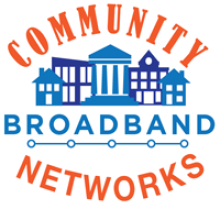Paid Prioritization Threat Reinforces Value of Community Networks
Recent reports out of the FCC say that it will allow ISPs to create and sell "fast lanes" of Internet access to the companies with sufficiently deep pockets to afford them. While some people argue over whether this violates network neutrality principles or not, the more important point is that most communities have no control over how the networks on which they depend are operated.
The big ISPs, like Comcast and AT&T, are focused on maximizing revenue for their shareholders. It is why they exist. So they will want to make the fast lanes as appealing as possible, which in turn means making providers like Netflix unable to deliver a high quality product without paying special tolls to Comcast.
What does that mean for you? It means you should expect to see the big providers slow their already anemic pace of investing in higher capacity connections in favor of pushing content providers into the paid prioritization schemes. It also means that you may have to start paying more for Netflix or Hulu, where the additional money goes to the ISP you already overpay for comparatively lousy service.
A range of ISPs, from privately owned Sonic.Net in California to Chattanooga's Electric Power Board right up to Google have demonstrated that they can deliver a "fast lane" to everyone. This fight over paid prioritization is nothing more than the big cable and telephone companies trying to increase their profits while minimizing needed investments in higher quality service to everyone.
Unless you live in an area with a community-owned network. Unlike the big providers with a fidiciary responsibility to distant shareholders, community owned networks are directly accountable to the community. Their mission is to maximize local benefits, not extracting as much wealth from households as possible.




